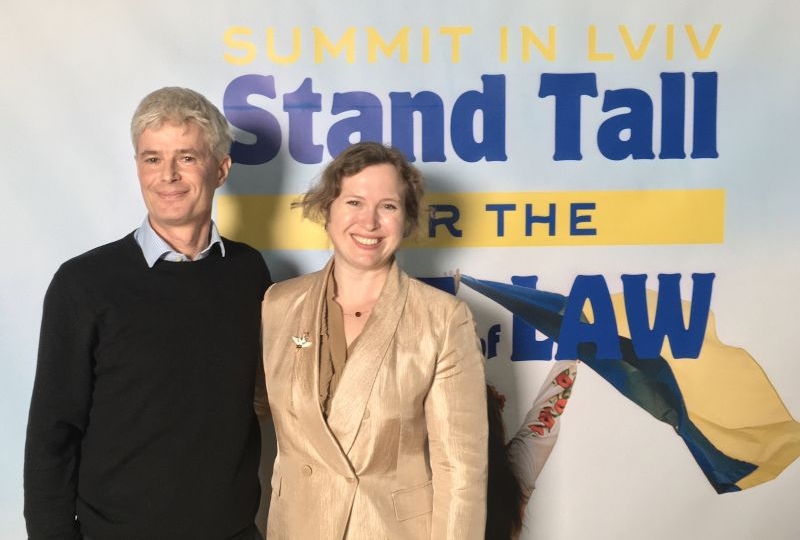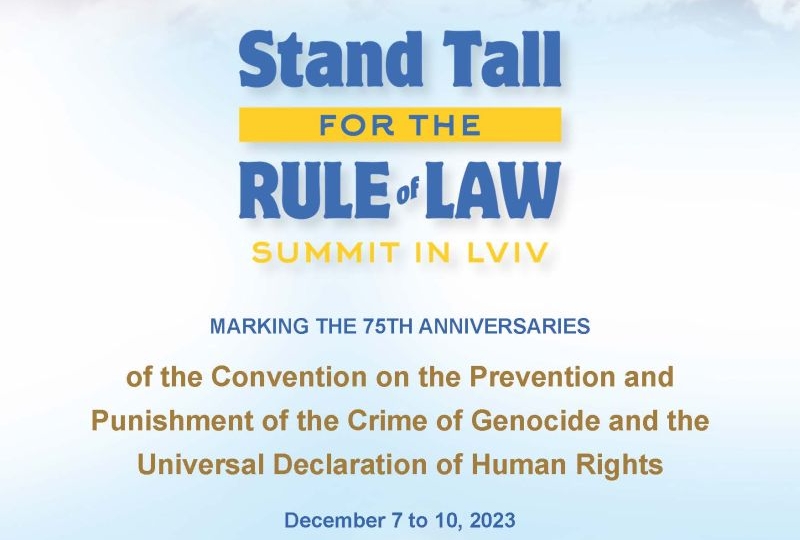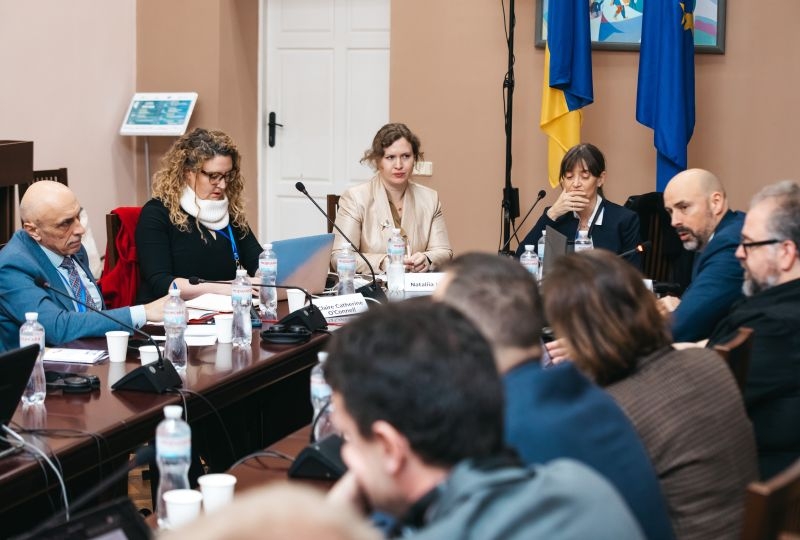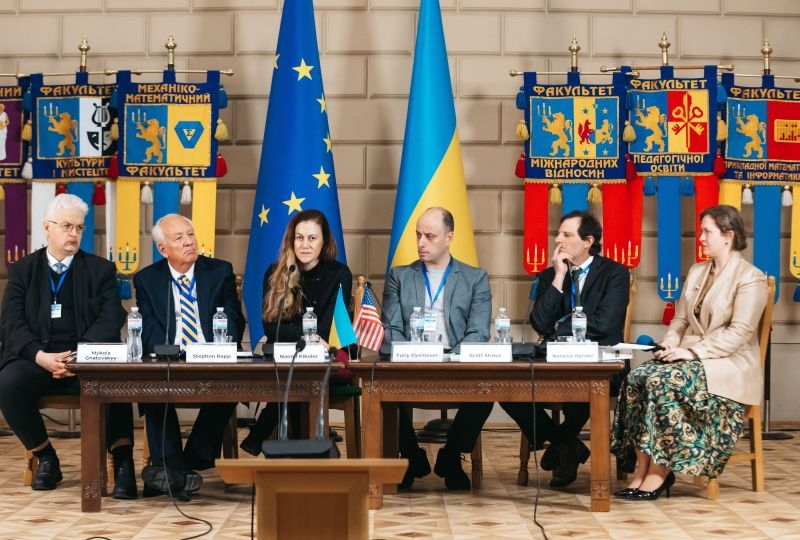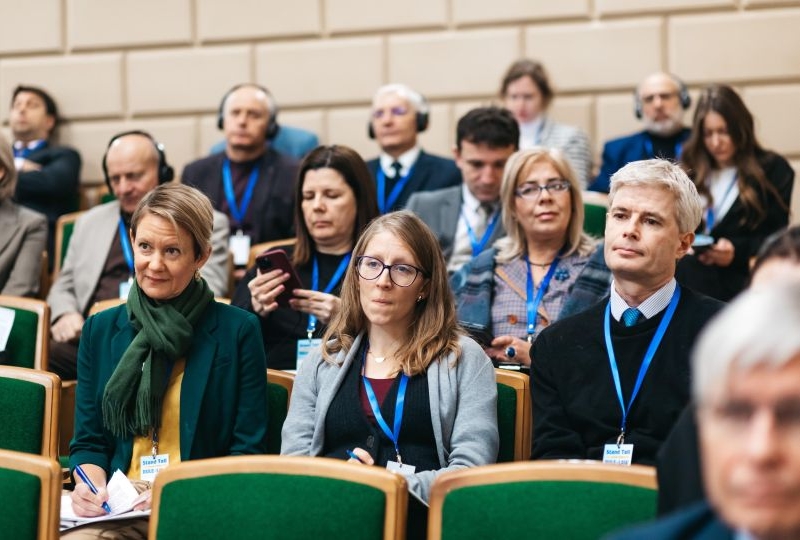Dr Nataliia Hendel co-chaired a discussion on 'Filtration, Forcible Transfer, and Mass Scale Arbitrary Detention' which examined how international legal and institutional frameworks can be mobilized to hold perpetrators accountable for forcible transfers of Ukrainians including vulnerable groups, such as children, older people, and people with disabilities.
She also moderated the plenary session titled 'Convention on the Prevention and Punishment of the Crime of Genocide at 75: Never Again’, in which the panel of experts discussed the origins of the concept of “genocide” and how Western discourse may have adversely influenced foreign policies in the post-Soviet era. The panel’s debate also highlighted the status of Ukraine’s current Genocide Convention claims before the International Court of Justice and discussed how the ongoing conflict had witnessed atrocities that cemented a developing concept of “ecocide” of the country’s natural environment.


